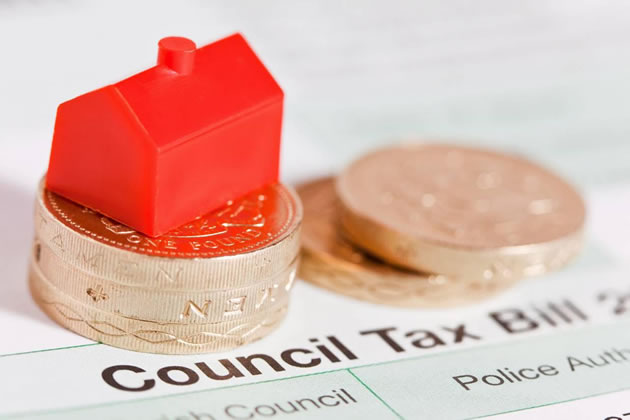Council Says 'Difficult Times' Force Maximum Tax Rise
Hammersmith & Fulham pledges to invest rather than cut in year ahead

Borough's share of the Council Tax bill to rise by 4.99%
January 29, 2024
Hammersmith and Fulham Council is looking to hike its share of council tax by the maximum percentage allowed for the year ahead, amid what it describes as ‘difficult’ times for local government finances. The borough says, however, that intends on investing more in its services than will be cut or sought via additional income.
The proposals, which form part of the council’s 2024 Medium Term Financial Strategy, were presented during last Tuesday night’s (23 January) Policy and Oversight Board meeting. They will now go to Cabinet, before Full Council next month for final sign-off.
The recommended council tax increase of 4.99%, 2% of which is the adult social care precept, will be a relative rarity for a local authority which has either frozen or cut the tax in five of the last nine years.
During last night’s meeting, Cllr Rowan Ree, Cabinet Member for Finance and Reform, told committee members the council’s finances are well managed, and that it was able to generate a surplus last year at a time when many other local authorities are struggling.
“Residents should be reassured their services are being well looked after and being well funded,” he said, adding “it’s only possible to do that because we have this approach of ruthless financial efficiency”.
According to council documents, the local authority is looking to pump £10.7 million additional funding into services from adult social care to environmental work, while recouping £8.1m from a combination of savings and new income. Examples given of where it is hoping to claw back some money include redesigning holiday food provision for children, and introducing a garden waste collection service.
The local authority says that since 2014/15, it has delivered £118m in ‘efficiencies’, via actions such as reducing overheads and reviewing how it procures services. It adds this has enabled it to avoid making cuts to frontline services, with various new initiatives, such as abolishing home care charges, implemented in that time.
Hammersmith and Fulham’s charge for those living in Band D properties is currently the third-lowest in the country, when compared to other local authorities.
Additionally, the council offers a range of support, including exempting certain groups, meaning less than 60% of its 93,000 dwellings are expected to pay the full amount for the year ahead.
Sukvinder Kalsi, Strategic Director of Finance, however told committee members that an increase for 2024/25 is expected for almost all councils nationally, with the Government anticipating a 4.99% increase annually until 2027/28.
“From all our research that we’ve done, practically the entire nation, all local authorities, are going with that overall number. I think local authorities’ finances are in a difficult position,” Mr Kalsi said.
Cllr Ree later praised the council’s support for those struggling to pay, telling members, “Council tax is a hugely regressive tax. This makes it a bit more progressive. It means that those who are least able to pay pay the least, and that’s hugely important.”
He added, “We find this money because this is a service that we value, and it’s one that I’m very happy to say we’re going to be protecting for years to come.”
Officers also referenced the Government’s 2024/25 provisional funding settlement in documents published prior to last night’s meeting. They wrote the council’s long-term planning is hampered due to not receiving any grant allocations beyond next year, and that while the local authority’s ‘Core Spending Power’ has increased, less than half of this is due to additional funding from Government.
This was prior to the announcement by Levelling Up Secretary Michael Gove earlier this Wednesday (24 January) that councils across England will receive an additional £600m, in a bid to support those struggling financially.
Asked during the meeting to comment on the concerns around the level of Government funding, Cllr Ree said, “Going forward, it’s going to get tougher and tougher, and we’re going to be having to find even more money while providing the services that residents rely on so much.”
Ben Lynch - Local Democracy Reporter